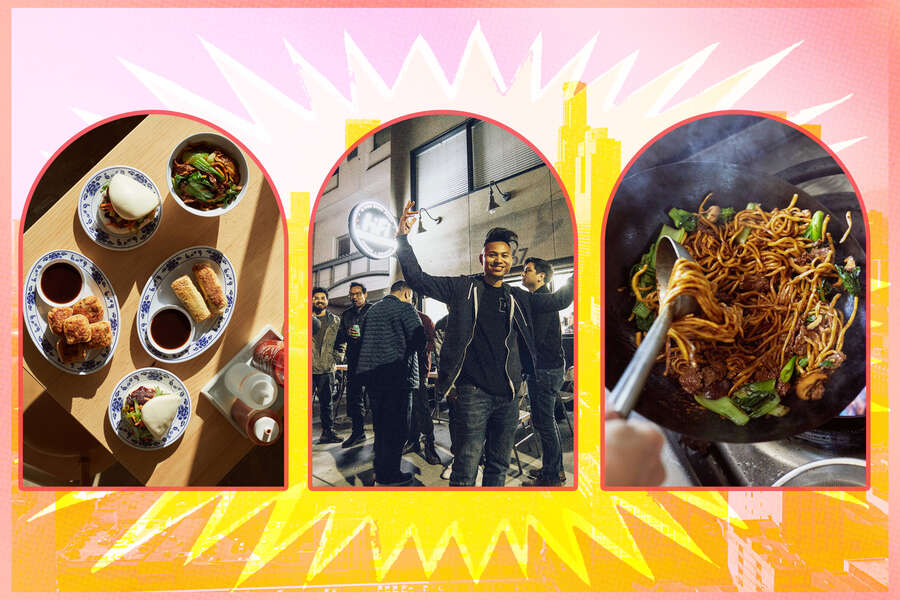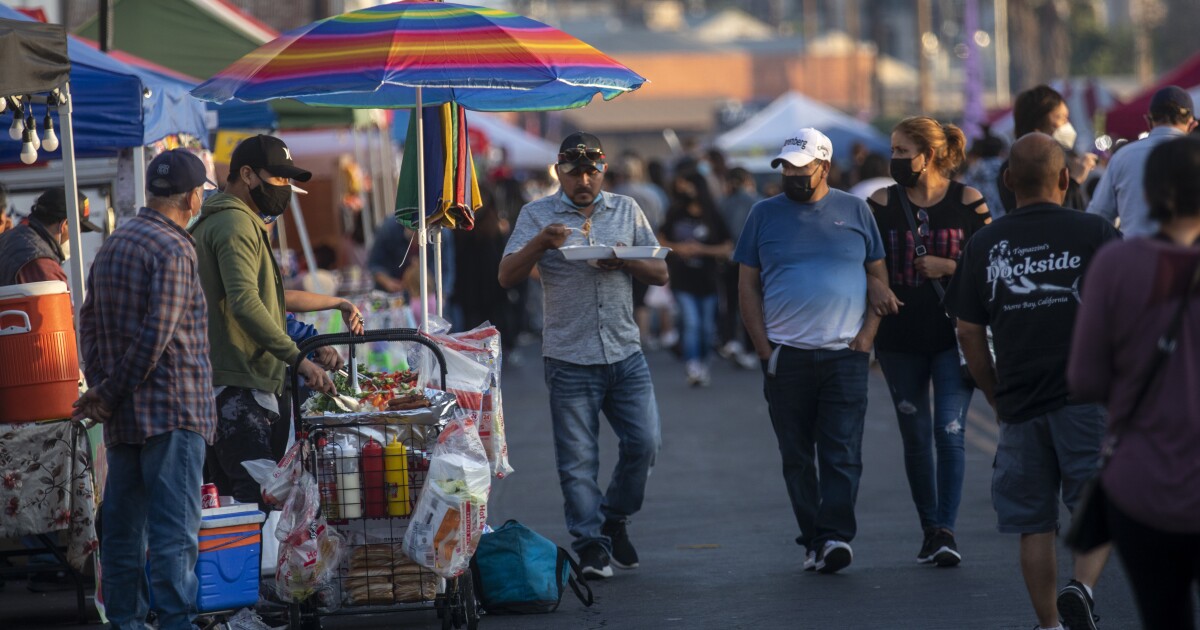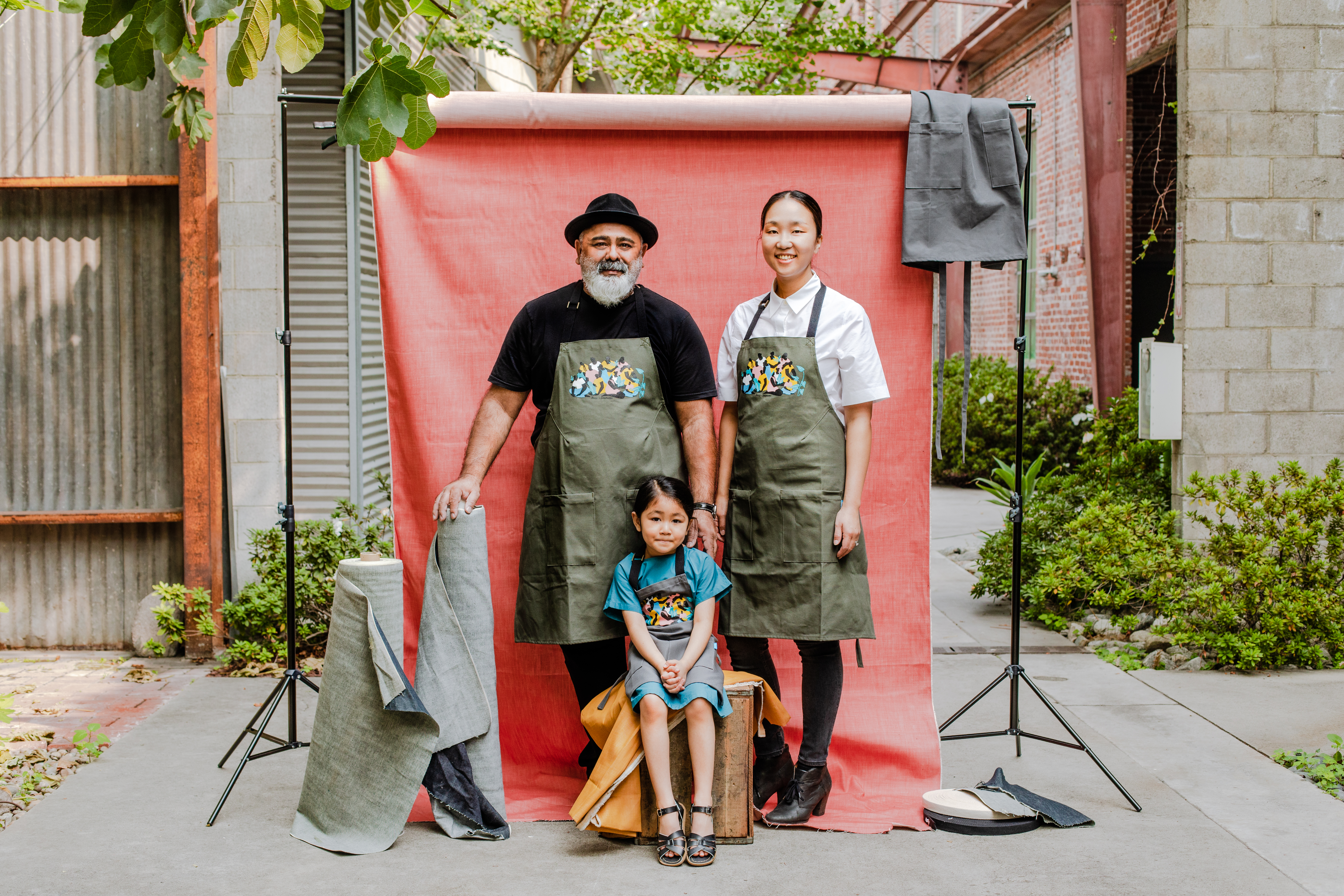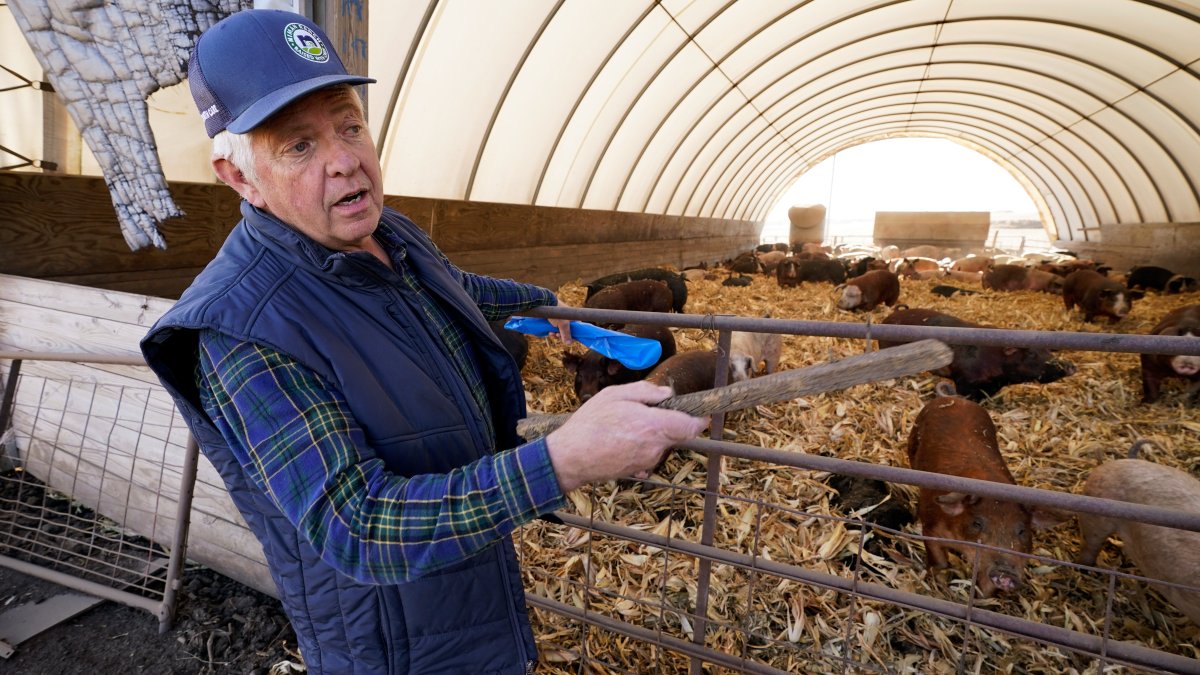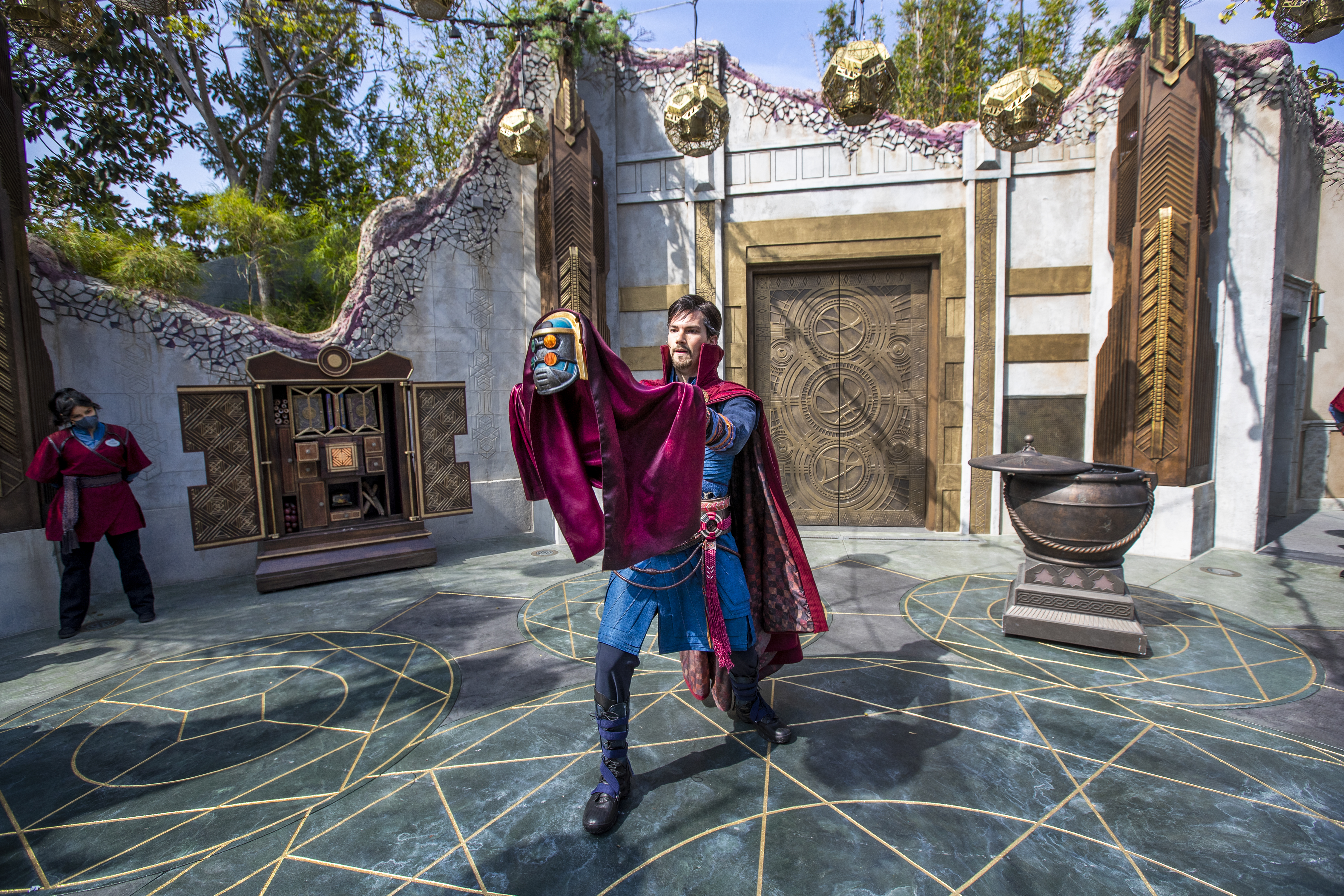Earlier than the neighborhood was formally designated Historic Filipinotown in 2002, Filipino immigrants started shopping for houses within the space within the Nineteen Forties. It was one of many few locations on the town the place they might purchase homes, and the setting of neighbors who shared their tradition and language helped preserve them protected from racism. In 1950, the Filipino Christian Church – a serious touchstone of the early Filipino-American congregation in Los Angeles – moved to the Temple-Beverly neighborhood after buying the Union Avenue ME Church constructing. Different Filipino organizations adopted swimsuit, together with Search to Contain Pilipino People Advocacy Group (SIPA) and the Filipino Catholic Church of St. Columban, in addition to specialty markets, eating places, and different companies serving to Filipino residents familiarize themselves with their new metropolis.
Through the Nineteen Sixties to Nineteen Eighties, Filipinos started emigrate from the realm to the suburbs, creating demographic adjustments and a scarcity of group and political assist for the elevated visibility of this epicenter of Filipino tradition. This “invisibility” in comparison with different enclaves like Chinatown and Little Tokyo has resulted within the neighborhood being missed for housing and authorities social providers, resulting in a rise in crime and poverty.
“After I was rising up, the neighborhood seemed very totally different than it’s in the present day,” explains Foronda. “It wasn’t protected, so I could not go residence right away after college. I needed to go to my dad and mom’ work as a result of they did not need me to be residence alone. “
The designation as Historic Filipinotown introduced pleasure and much-needed visibility to the native Filipino group. Subsequently, quite a lot of Filipino People have been delegated to metropolis commissions, ensuing within the Filipino marketing campaign for Garcetti and a number of other parishioners, which accomplished Garcetti’s administration.
“It is protected to stroll across the neighborhood now,” Foronda notes. Relating to the gentrification of the neighborhood, he says, “We won’t inform folks the place to dwell, however we will inform folks the place to dwell. I see HiFi Kitchen as a possibility to take action. “


